BB abandons SMART to make bank interest rate fully market-based
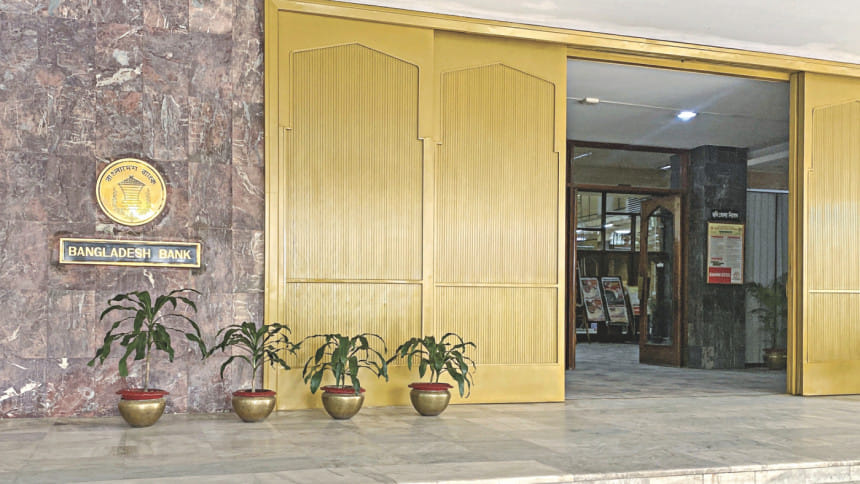
The Bangladesh Bank today scrapped the SMART formula in order to make interest rates in the banking system fully market-based.
Now the interest rate will be fixed based on the bank-client relationships and the demand of loans and the supply of loanable funds in the banking sector, the central bank said in a notice.
The decision comes into effect immediately, it said.
In July last year, the central bank withdrew the 9 percent lending rate cap and introduced the Six-months Moving Average Rate of Treasury bills (SMART).
The ending of the SMART is in line with the prescription of the International Monetary Fund (IMF) that has proposed a market-based rate-setting system.
The likely suspension of the rate-setting formula comes at a time when a mission of the IMF is in Dhaka to discuss the progress of the $4.7 billion loan programme.
The SMART formula has been put in place since higher consumer prices showed no sign of cooling despite the unprecedented spike in the policy rate. This largely happened because of the cheaper funds owing to the interest rate ceiling and market mismanagement.
Banks were allowed to add as high as 3.75 percentage points to the SMART rate as the margin for lending.
Local experts and the IMF think an interest rate cap still exists owing to the SMART, said a senior official of the central bank.
According to experts, the interest rates of both Treasury bills and bonds are controlled by the central bank.
After the SMART was launched, the World Bank also said the introduction of a benchmark lending rate or reference rate for commercial banks could provide a transition path from rate caps toward market-determined rates.
A BB official said the IMF suggested the BB let the market determine the lending rate since the SMART was not a market-based interest rate.
On the other hand, there is fear among the business community that the rising interest rate could negatively impact the economy and businesses.
Since the rollout of the benchmark rate, loans indeed have become costlier.
The SMART rate for March stood at 10.55 percent. Since banks can add 3.75 percent as margin, the highest lending rate stood at 14.3 percent in April. The SMART rate was at 7.13 percent.
The notice said banks will announce sector-based interest rates and the interest rates will vary 1 percentage points depending on the credit risks of clients.
Whether the interest rate is fixed or variable has to be cited in the loan sanction letter. In the case of the floating rate, it should cite the number of times the lending rate could be increased and the range of the spike.
Banks will be able to levy up to 1.5 percent penalty interest on the outstanding amount of the overdue demand loans/working capital loans and the unpaid installments of term loans.
They can't impose any other charges other than the announced interest rate, the BB said.
The interest rate of the stimulus packages, special funds, and refinancing funds unveiled by the central bank and the government would be fixed as per the guidelines formulated for the schemes, the BB said.

 For all latest news, follow The Daily Star's Google News channel.
For all latest news, follow The Daily Star's Google News channel. 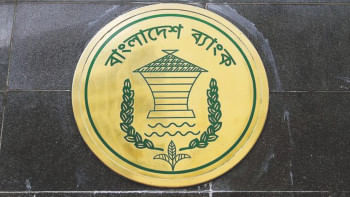
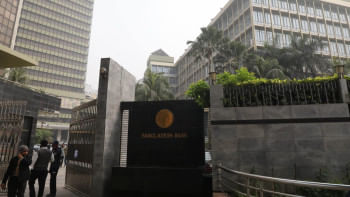




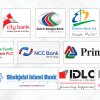

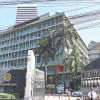


Comments